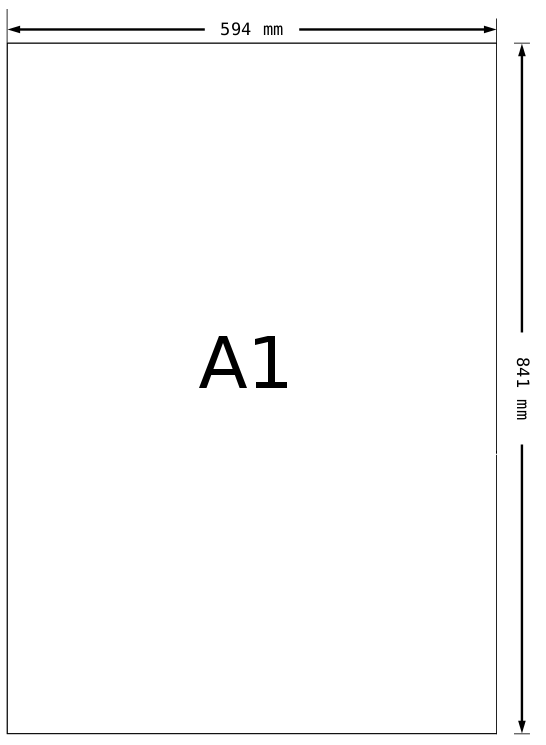The program can be downloaded here [last update on the 23rd of August 2018]. We will update it if some if some last minute changes come up.
The conference program includes three keynote speakers (Travis Threats, USA; Chris Code UK; Linda Worrall, Australia) and three symposia (International Collaboration and Aphasia Research, Marian Brady (Chair), Glasgow Caledonian University, UK; Aphasia Rehabilitation in Multilingual Contexts:, Jose Centeno (Chair), St. John’s University, USA; Cognition and Aphasia, David Copland (Chair), University of Queensland, Australia). Each of the three days will include a keynote, a symposium and one oral and one poster session.
We are glad to announce the IARC 2018 Best Award Abstract Nominees listed bellow. All eight abstracts have been nominated by both reviewers during the selection process. The winners will be announced at the closing ceremony. The Chair and Co-chair will be sitting through the oral presentations of these abstracts, which will determine the first, second and third prize.
————-
Best Award Abstract Nominees
Communicative Informativeness in Aphasia; Janet Webster; Sarah Harrison; Julie Morris
Autobiographical memory in aphasia: An exploratory study; Madeleine Pritchard; Lucy Dipper; Christos Salis
The relationship between the multidimensionality of aphasia and psycholinguistic features; Reem Alyahya; Ajay Halai; Paul Conroy; Matthew Ralph
Better Conversations with Aphasia: What are the interactional challenges of Wernicke’s aphasia and how do people deal with them? Suzanne Beeke; Jane Maxim; Claudia Bruns; Fiona Johnson; Firle Beckley; Nicola Sirman; Susan Edwards; Wendy Best
Stimulating communication? The combination of language therapy and repetitive transcranial magnetic stimulation (rTMS) enhances improvement of functional communication and linguistic skills in patients with subacute aphasia; Ilona Fessen; Ronja Hirschfeld; Alexander Thiel; Alexander Hartmann; Walter Huber; Bruno Fimm; Wolf Heiss; Prisca Stenneken
Using a non-immersive virtual reality approach to assess cognition in post-stroke aphasia: Validating the Cognitive Assessment for Aphasia App (C3A); David Copland; Kylie Wall; Toby Cumming; Sebastian Koenig
Evaluating the impact of practice conditions (randomized vs blocked) and schedule (distributed vs massed) on script training in aphasia; Leora Cherney; Sarel Vuuren; Rachel Hitch; Rosalind Hurwitz; Rosalind Kaye
Home-based, early rehabilitation after stroke: the perspectives of people with aphasia and healthcare professionals; Ciara Shiggins; Simon Horton
————-
Oral presentations will be 12 minutes long, followed by a 2 minute discussion and 1 minute transition to the next presentation, i.e., we have allocated 15 minute slots to each abstract.
Poster presentations will use an A1 portrait format, i.e., 594 mm wide and 841 mm high. Recommended font sizes (based on Arial family fonts): Title – 54 pt; section titles – 32 pt; body of text – 26 pt. Please do not use a font size smaller than 20 pt.
